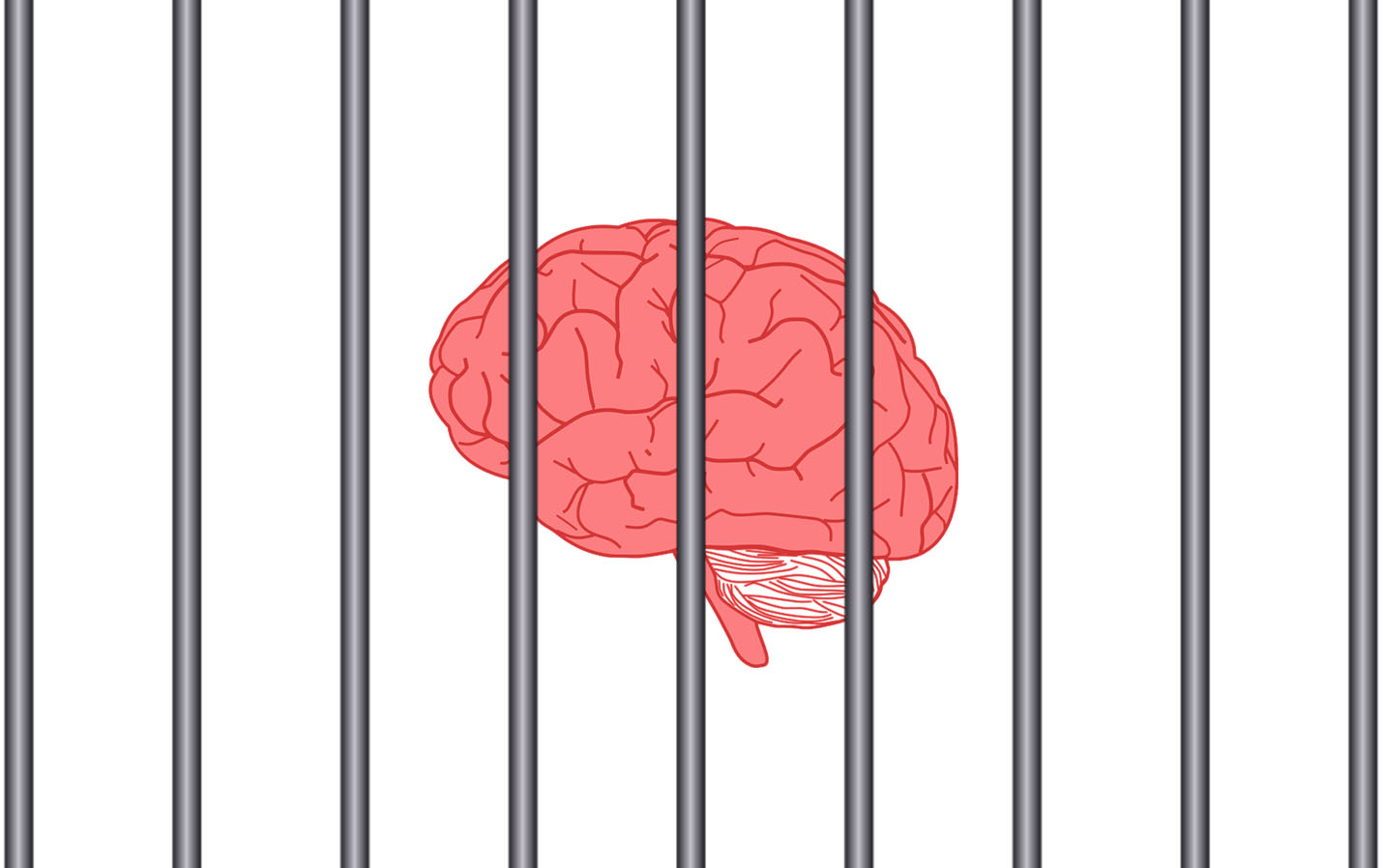
This article is about your beliefs and the way they impact and define your life purpose.
What is a Belief?
The definition of a belief is anything that you hold to be true. But that doesn't mean that it actually IS true!
We all choose our beliefs, even if we are not aware of the fact we have done so.
Indeed most of our root beliefs date back to our childhood, usually before the age of 7, when we had no critical faculties in which to evaluate these beliefs.
So I can choose to believe that all snow is blue. You might say that that is a false statement, because you've never seen blue snow before. But what if you saw some blue snow one day?
In my mind, it is blue, but outside my mind it is white (or whatever colour you believe snow to be!)
It is the world of the mind (i.e. subjectivity) that defines what you believe to be true, even though it may not be (objectively) true.
There are 2 types of beliefs, regardless of whether they are objectively true or not: limiting beliefs and empowering beliefs.
Limiting beliefs do not serve you and hold you back. Empowering beliefs do serve you and move you forward towards your life purpose.

Limiting Beliefs - Your Brain Is in Jail!
Limiting beliefs and their opposite, Empowering Beliefs - how they impact your Life Purpose
Limiting beliefs have a commanding influence on your life purpose. If you believe that something is not possible, then you will not focus your mind on achieving it.
If you believe you suck at tennis, you're probably not going to be a tennis star, even though you could be one with practice.
Limiting beliefs usually have three forms:
- 'Have-to's'
- 'What-if's'
- Inner rules
Have-To's
Have-to's indicate a necessity, such as 'I have to do my homework'. This belief may be true but it serves to limit you - perhaps to only do the minimum necessary to pass the course.
The opposite (empowering belief) would be 'I choose to do my homework' and might lead to you doing extra work that could make you pass and even do well at the course.
This is actually a mental sorting routine called a metaprogram, and in particular, the Reason Filter. You are 'sorting by necessity' when you say you 'have-to' do something.
Sorting by possibility is its opposite. ‘Possibility‘ thinkers tend to be more successful at what they do and are very creative.
‘Necessity‘ thinkers tend to avoid things they don’t want and don’t take unnecessary risks. They tend to stay in the same job all their lives without promotion. The Necessity side is a result of a limiting belief.
Where this ties in to your life purpose is if you govern your life by necessity, you will not be living a life on purpose.
What-if's
What-if's often indicate a focus on failure:
- 'What if I fail?'
- 'What if things go wrong?', etc.
This is following the (in)famous 'law' called 'Murphy's Law', which states 'If anything can go wrong it will go wrong'
The essence of this is a belief that things always go wrong, or you won't succeed. So therefore you never try.
You may have had a negative experience that caused you to adopt this belief, even though it may have been just a once-off event.
A good empowering thing to counter this is to say to yourself 'what if it all goes right?', as in this song by Melissa Lawson.
What if that road that you're taking's a dead end?
What if love leaves you all jaded and broken?
What if that limb breaks you're climbing out on?
Yeah, what if it all goes wrong?
...But then, she flips it:
But, what if it all goes right?
What if it all works out?
What if the stars line up and good luck rains down?
What if you chase your dreams and it changes your whole life?
Yeah, what if it all goes right?
Other ways of empowering yourself
There are several more ways of empowering yourself, such as asking the following questions:
- What if a lot of different opportunities are coming my way?
- What if I have a better relationship with my significant other?
- What if I create more joy and happiness in my life?
- What if I can do the things that I really want to do?
- What if money comes easy?
In other words, state the goal you want in the positive, as in 'what if (x) is achieved?'
The mind is a funny thing. It always seems to give you what you focus on.
Focus on what you don't want, and you are most likely to get what you don't want. Focus on what you do want, and you will most likely get what you want.
Inner Rules
Inner rules are sets of conditions that must occur for a value to be satisfied. These can be non-serving such as setting a goal unrealistically, or setting unrealistic expectations.
They can be driven by disempowering beliefs such as 'all men are bastards and thus can never be redeemed'
For instance, you may have a problem of never being satisfied where you live. There's always something wrong - with the plumbing, or too much traffic noise, or too many cars parked in your street, noisy neighbours, etc.
Your value may simply be unrealistic given the circumstances. For instance, many people value perfection in their lives. However perfection is not a specific outcome, but a direction (see here) and thus can never be satisfied. It's like trying to get to the horizon, but never getting there because it's always ahead of you.
Again, our subjective mind sets conditions that cannot be met in the objective world.
'The Work' - A Way Forward To Your Life Purpose
A very good way we can deal with our limiting beliefs is to use a technique developed by Byron Katie called 'The Work.'
This technique is a series of questions to ask yourself about your belief.
I strongly recommend you sit down somewhere quiet and ask each question of yourself. Take at least 5 to 10 minutes to think about each question before answering it. Write down the results for your records.
They are as follows:
- Is it (your belief) true?
- Can you absolutely know that it’s true?
- How do you react when you think that thought?
- Who would you be without the thought?
- What if it was not true?
- How would you react if it were not true?
- Who would you be if it were not true?
Coming Next: Life Changing Experiences
Previous Article In This Series: Coincidences
